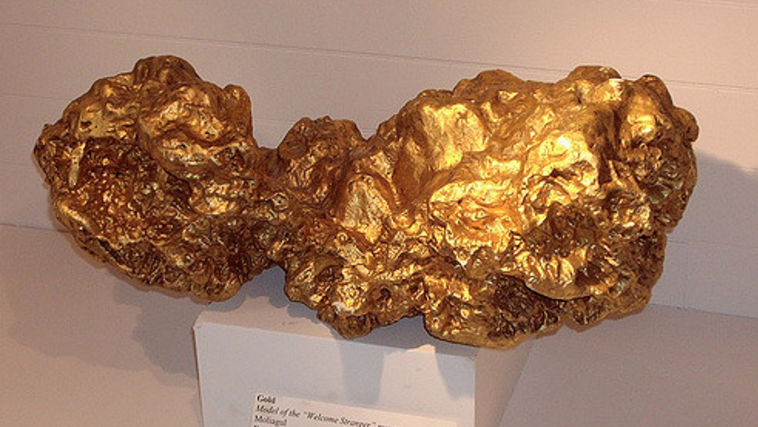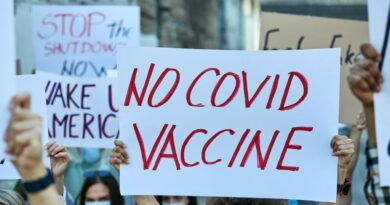Metals like copper and gold can help end the COVID-19 pandemic, say researchers

A fascinating study has revealed that the cure to the Wuhan coronavirus (COVID-19) pandemic could be something unlikely: metals like copper and gold.
Details of the study were published in the journal Chemical Science.
The study was conducted by scientists in Australia, who found that the spike proteins of SARS-CoV-2, the virus causing COVID-19, stick to elements like gold, copper and silicon.
Once trapped, the findings revealed that coronavirus is electrically detectable and vulnerable to electrical pulses.
Spike proteins, metals and electrical pulses
Spike proteins allow coronaviruses to invade nearby cells and cause infections. But when these proteins touch substances like copper, it causes a reaction that creates a strong chemical bond.
The bond attaches the spike protein to their surfaces, making it very hard to remove.
But scientists found that electric fields can help destroy the spike proteins and eventually kill the virus after it loses its ability to cause infections.
Essam Dief, a study co-author and researcher at Curtin University, explained that the electrical pulses help change the spike protein’s structure. At certain intensities, these pulses can also eliminate the protein and deactivate the coronavirus. (Related: Dr. Zelenko shares how the MSM smeared him for revealing the cure to COVID – Brighteon.TV.)
“We believe these materials can be used to capture coronaviruses by being used in air filters, as a coating for benches, tables and walls, or in the fabric of wiping cloths and face masks,” said Nadim Darwish, a researcher at the School of Molecular and Life Sciences at Curtin University.
Darwish added that by capturing coronaviruses using substances like copper and gold, it would be possible to prevent them from “reaching and infecting more people.”
The scientists hope that the results of the study could also be used to refine COVID-19 testing.
Darwish proposes creating a solution for a mouth or nose swab and testing it with a tiny electronic device to detect the viral spike protein. He hypothesized that this could help create more sensitive and accurate COVID-19 testing results.
According to Dief, incorporating materials like copper or silicon in air filters can help researchers “potentially capture and consequently stop the spread of the virus.” Dief added that incorporating electric fields through something like air filters may help deactivate the virus.
How is COVID-19 tested?
Health experts use viral tests to look for a current infection with SARS-CoV-2. These tests require specimens from your nose or mouth.
There are two main types of viral tests: nucleic acid amplification tests (NAATs) and antigen tests.
NAATs, like PCR-based tests, are often conducted in a laboratory. They are considered the most reliable tests for people with or without symptoms. These tests detect viral genetic material, which may stay in the human body for up to 90 days after you test positive.
Do not use a NAAT if you have tested positive in the last 90 days.
Antigen tests are rapid tests and they produce results within 15 to 30 minutes. However, antigen tests are less reliable than NAATs, especially if you don’t have symptoms. Keep in mind that a single, negative antigen test result does not rule out infection.
Self-tests, also called at-home tests, are antigen tests that can be taken anywhere without needing to visit a testing site.
Visit Cures.news to learn more about potential cures for COVID-19.
Watch the video below to know more about hydroxychloroquine, another potential treatment for COVID-19.
This video is from the UNPLUG THE MEDIA channel on Brighteon.com.
More related stories:
Researchers hunt for COVID-resistant individuals in hopes of discovering a natural cure.
Bill Gates: Next pandemic likely to be man-made and worse than COVID-19.
Sources include:
This article has been archived for your research. The original version from Natural News can be found here.



